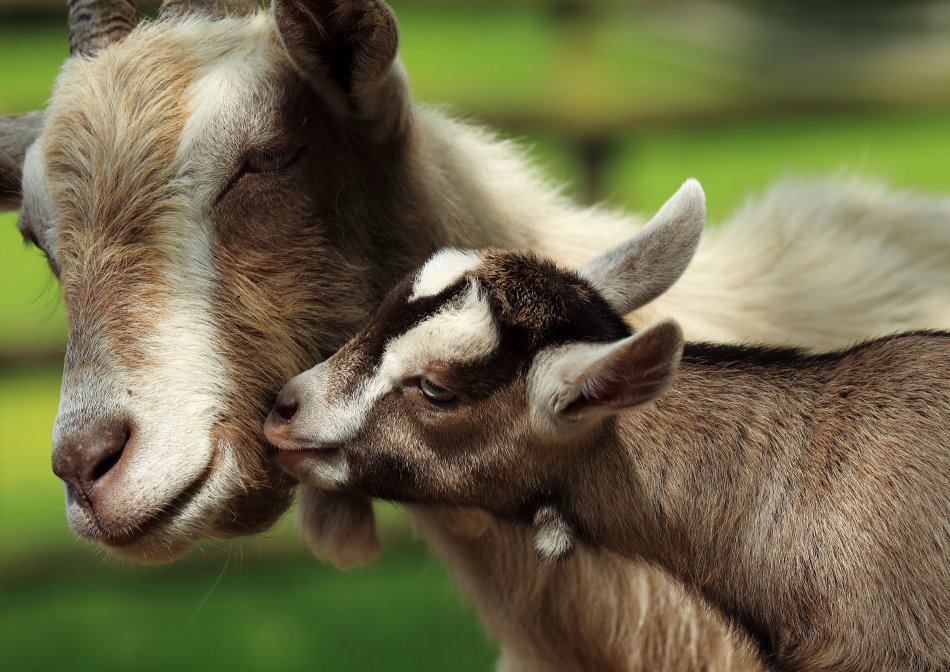Animal Sacrifice Reaches South Beach

The posh Miami neighborhood of South Beach gets a lot of visitors every day, from European supermodels to tourists gawking at the area's splendid Art Deco architecture.
But other, less welcome visitors have found their way to South Beach's sun-splashed shores — the mutilated bodies of animals killed in what some believe was a Santeria ritual sacrifice, reports NBC News.
Early this morning, the butchered remains of a goat and two roosters were found in a popular waterfront park; the animals' heads had been cut off and their bodies tossed into the water. The discovery was made directly across from celebrity-studded Star Island, home to numerous actors and entertainers.
Santeria is an Afro-Caribbean religion whose practitioners often engage in animal sacrifice, according to the BBC. A large community of Caribbean immigrants call the Miami area home.
In 1993, in a case involving the nearby city of Hialeah, the U.S. Supreme Court ruled that a ban on ritual animal sacrifice was unconstitutional on the ground of religious freedom, according to the New York Times. The lawsuit occurred after Hialeah outlawed the practice in response to a Santeria church's plans for a center where animal sacrifice would be performed.
Religious freedom, however, doesn't convince everyone that animal sacrifice is safe or humane. "[C]hickens, goats, pigs, turtles, pigeons and other animals awaiting slaughter are often kept tied up or in tiny crates in basements, without food or water," said the People for the Ethical Treatment of Animals (PETA) in a statement, "During the ritual, animals' throats are slit, often with dull knives or scissors, and their heads are often sawed off while they scream in pain."
PETA notes that alternatives to animal sacrifice are available: "In Washington D.C., for example, Santeria priests switched to red wine instead of the blood of sacrificed animals after local humane officers discovered that animals were being abused before and during rituals," according to the PETA statement.
Sign up for the Live Science daily newsletter now
Get the world’s most fascinating discoveries delivered straight to your inbox.
Follow LiveScience on Twitter @livescience. We're also on Facebook& Google+.










